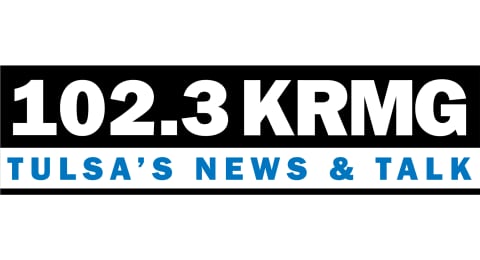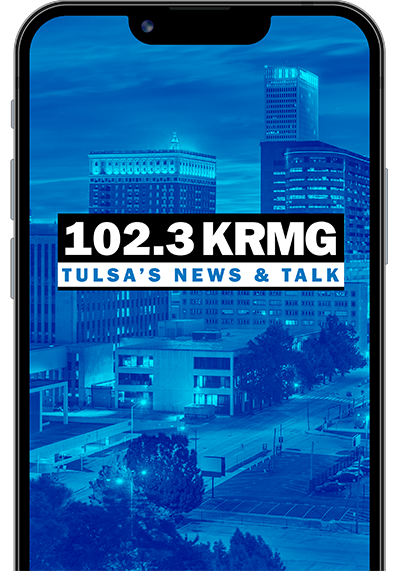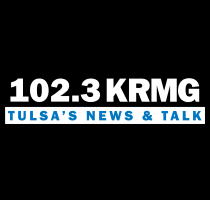UPDATE: EMSA tells us the City Council has delayed this vote until next week.
The next ambulance ride for you could cost you more as EMSA is asking for a rate increase.
The Tulsa City Council is expected to vote on the issue tonight.
EMSA currently charges $1,100 plus $9 a mile for an emergency transport and is asking to raise it to $1,300 plus $9 a mile.
EMSA says the last time there was a rate increase for the Tulsa area was 2007.
The emergency transport charge is passed along to private insurance companies and those who are not TotalCare members and pay the monthly fee on your city water bill.
**
An EMSA news release addresses frequently asked questions:
1. What is the rate and what will it be?
The current rate for an emergency transport is $1,100 base rate plus $9 per mile. The new rate would be $1,300 plus mileage (no change in the mileage fee).
2. Is the fee I pay on my water bill for EMSA going up?
No. EMSA is increasing its emergency transport base rate, which is billed to private insurance companies and individuals who are not TotalCare members. The increase does not affect the amount a resident pays on his or her city utility/water bill. Those rates are set by the cities, not EMSA.
3. Why is the rate going up?
The costs directly associated with an emergency transport have risen 18 percent in the last five years. This includes equipment, paramedic and EMT salaries, training, fuel and other healthcare-related items.
The last time EMSA raised its emergency transport rate was 2007 in its Eastern Division (Tulsa area) and 2009 in its Western Division (Oklahoma City area).
4. How does that compare with other cities’ rates?
EMSA compares its costs against several cities every year. Our cost per transport is comparable or less than most cities in the region, such as Kansas City, Dallas, Austin, Nashville and Memphis, for example.
5. What does this mean to me if I need to be transported by ambulance?
If you have an emergency transport to a hospital, EMSA will bill the applicable insurance company $1,300 base rate plus $9 per mile for your treatment and transport. The insurance company might be your private health insurance company, worker’s compensation, an automobile insurance company, or other such insurance provider.
You may be responsible for payment of co-payments or deductibles not covered by your insurance policy, unless you are a TotalCare member.
6. What if I’m a TotalCare member?
If you are a TotalCare member, you will pay no increase in fee or out-of-pocket. The increase only affects the rate we charge private health insurance companies or individuals who are not TotalCare members.
EMSA will bill the insurance provider and you pay nothing for an emergency transport.
7. What if I’m uninsured?
If you are uninsured, but are a TotalCare member through a city utility/water bill program, you will owe nothing for an emergency transport with EMSA. EMSA accepts the TotalCare membership fee as paid in full for uninsured individuals.
If you are not a TotalCare member, you will be billed for the $1,300 base rate plus $9 per mile for your treatment and transport.
8. What does all the city utility/water bill fee money go to if you are still going to increase rates?
The utility fee is a convenient way to cap an individual’s expenses on ambulance costs. It covers out-of-pocket costs you would normally have to pay beyond what your insurance pays, such as deductibles and co-payments.
9. How is the amount of the increase decided?
According to EMSA’s trust indenture, it considers five factors when setting rates: the medical consumer price index, actual costs per transport, collection rate, Medicare reimbursement rates and available subsidies.
Costs have increased 18 percent in the last five years, while collections and subsidies (such as general fund and sales tax dollars) have decreased.
10. Will rates increase every year?
No. EMSA’s last rate increases were in 2007 in its Eastern Division (Tulsa area) and 2009 in its Western Division (Oklahoma City area).







